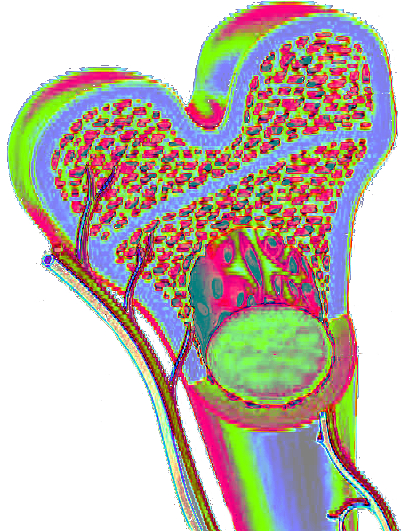Transplant change could stop graft disagreement
 A new clinical practice could dramatically reduce the risk of fatal diseases during leukaemia treatment.
A new clinical practice could dramatically reduce the risk of fatal diseases during leukaemia treatment.
Researchers at Brisbane's QIMR Berghofer Medical Research Institute, and the Royal Brisbane and Women's Hospital, say they may have changed the game for the treatment of leukaemia patients after bone marrow transplants.
In recent trials, the incidence of acute graft versus host disease (GVHD) was reduced from 50 per cent to just 12 per cent in transplant patients who were administered Tocilizumab (TCZ).
In more severe cases, the occurrence of GVHD was reduced from 21 per cent to 4 per cent.
The TCZ was administered post-transplant, inhibiting the immune system's production of the protein IL-6.
IL-6 works to stimulate the body’s response to trauma.
Tests of the new therapy are now underway, and it is hoped that the prevention regime can be registered and rolled-out soon.








 Print
Print